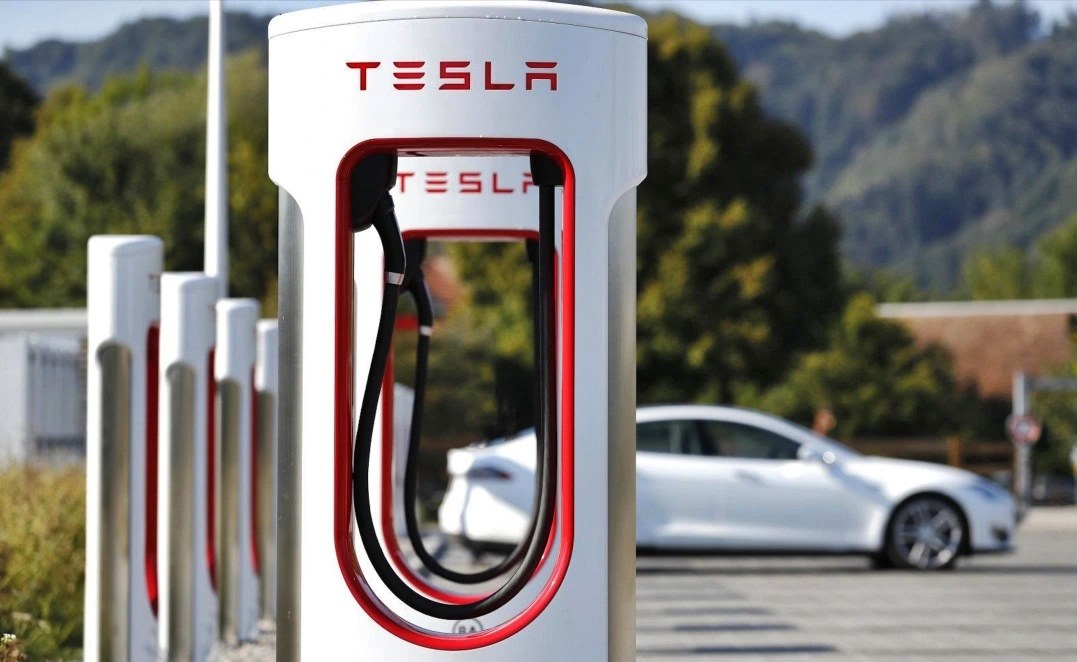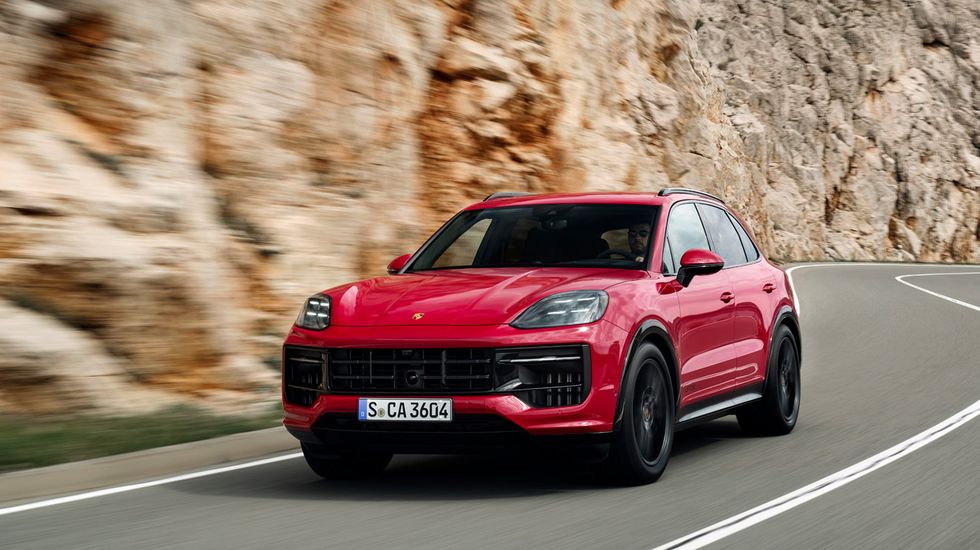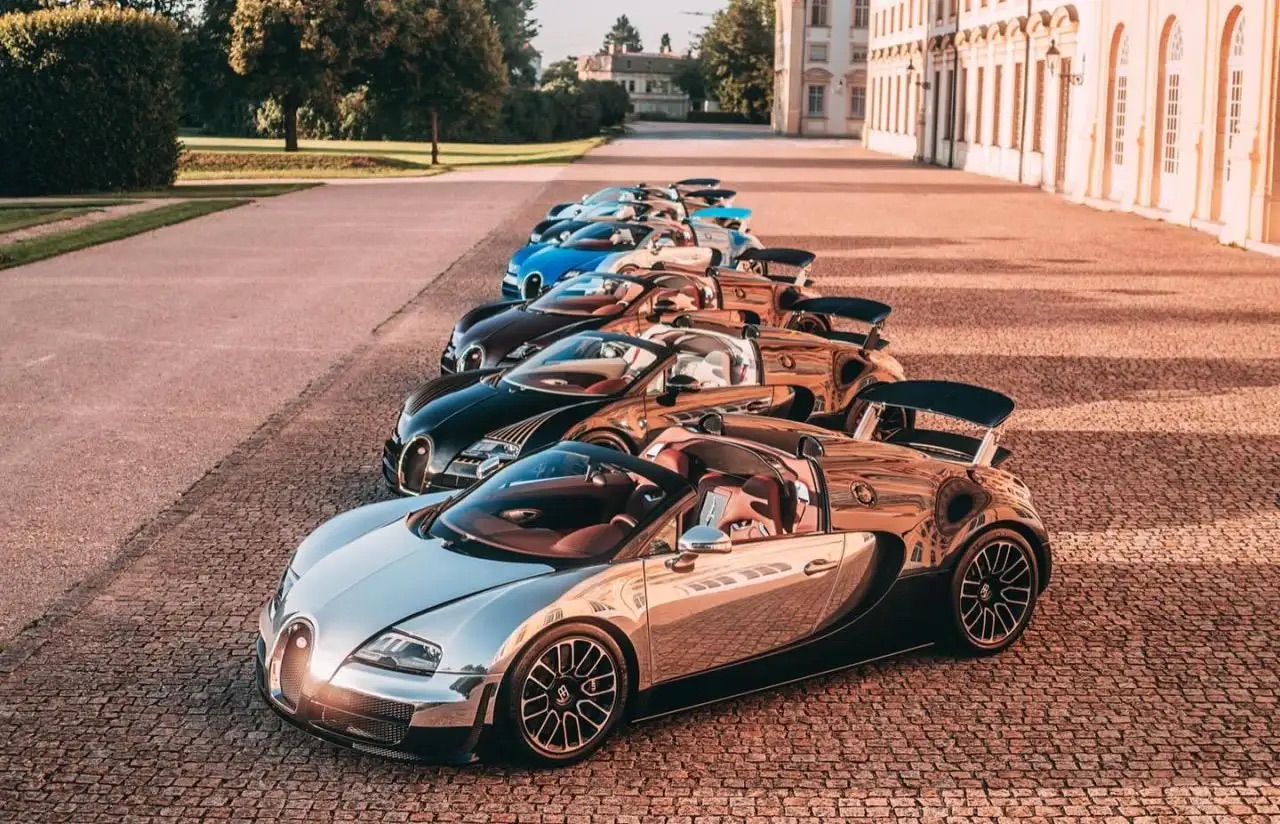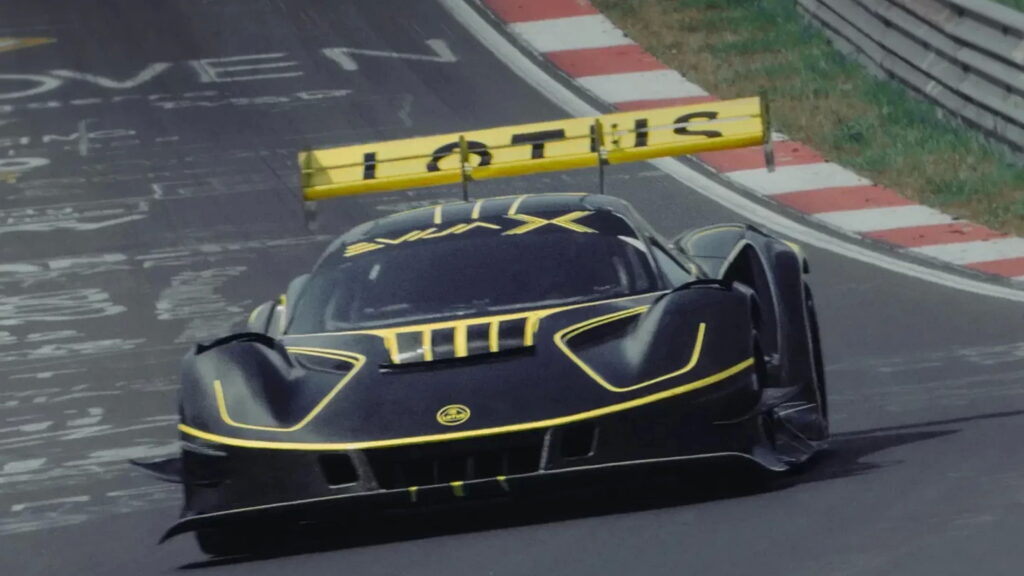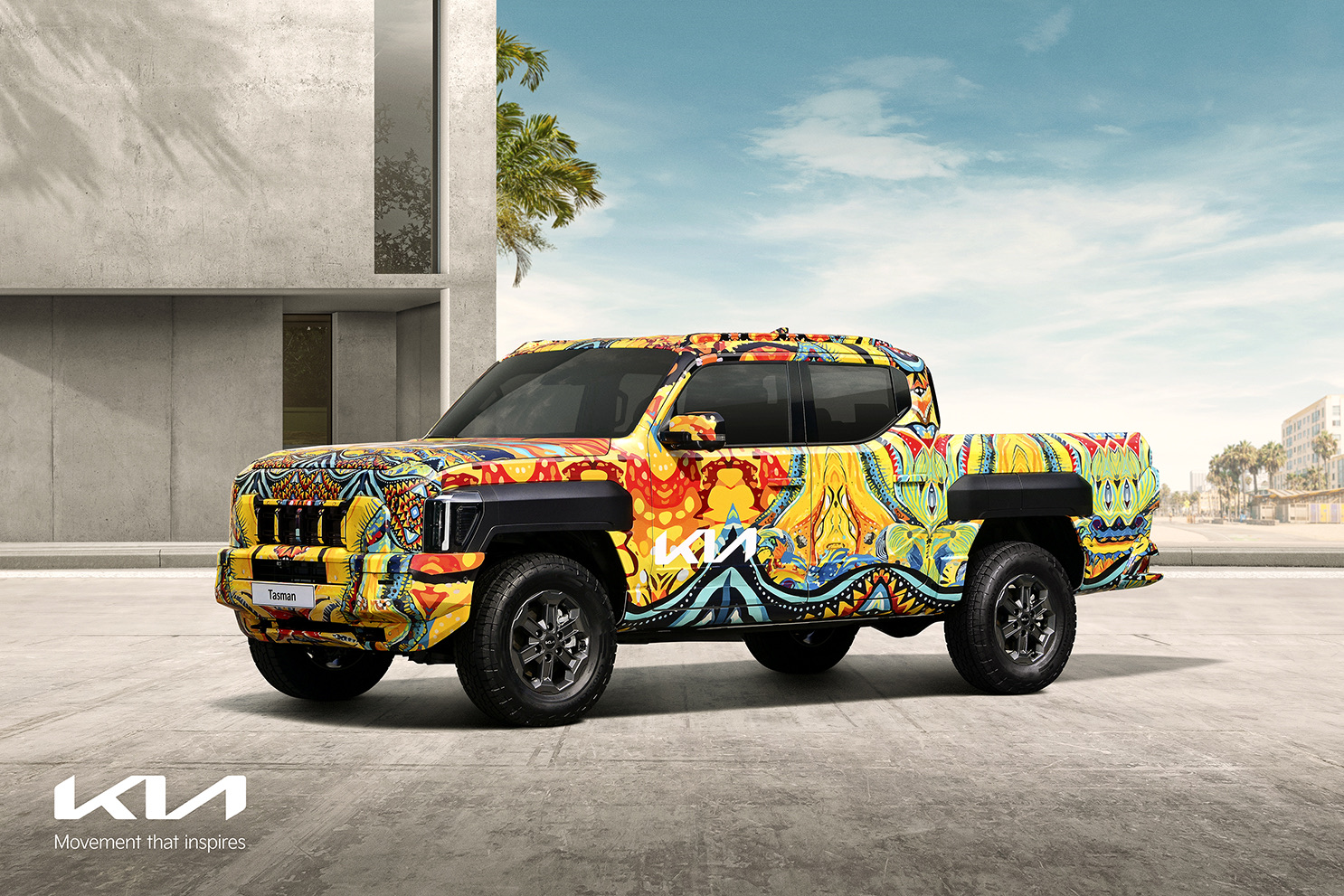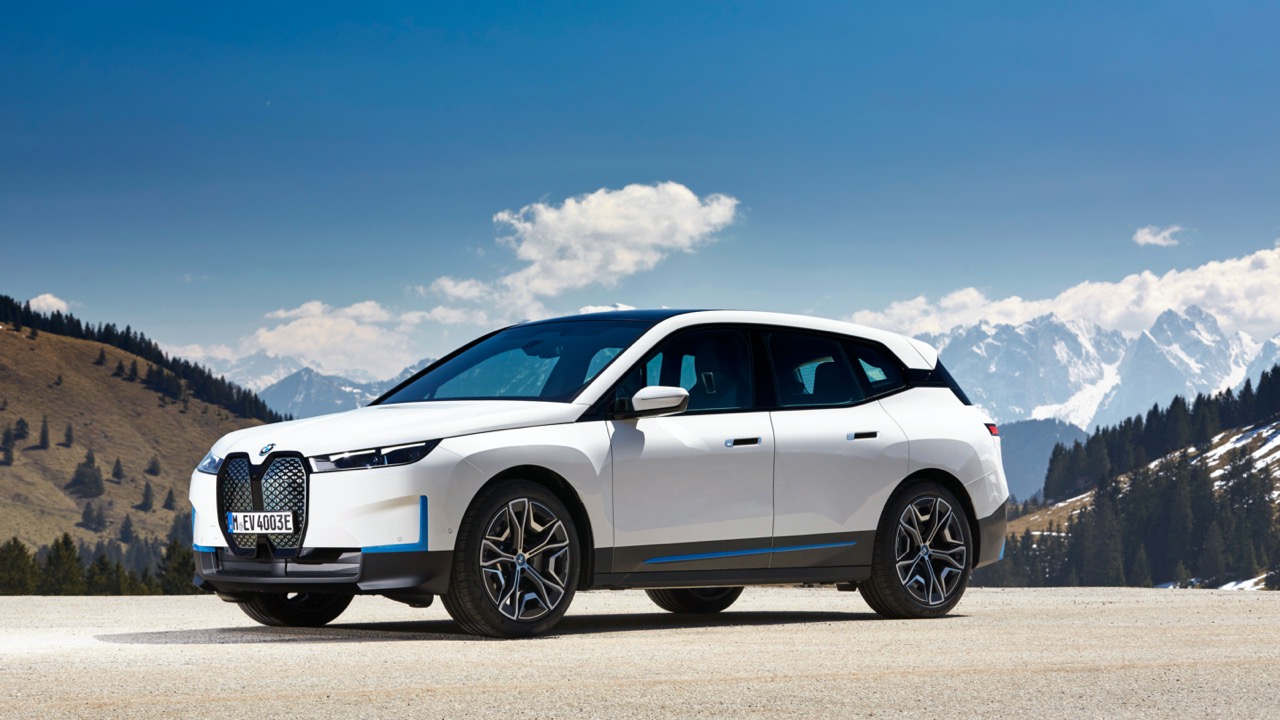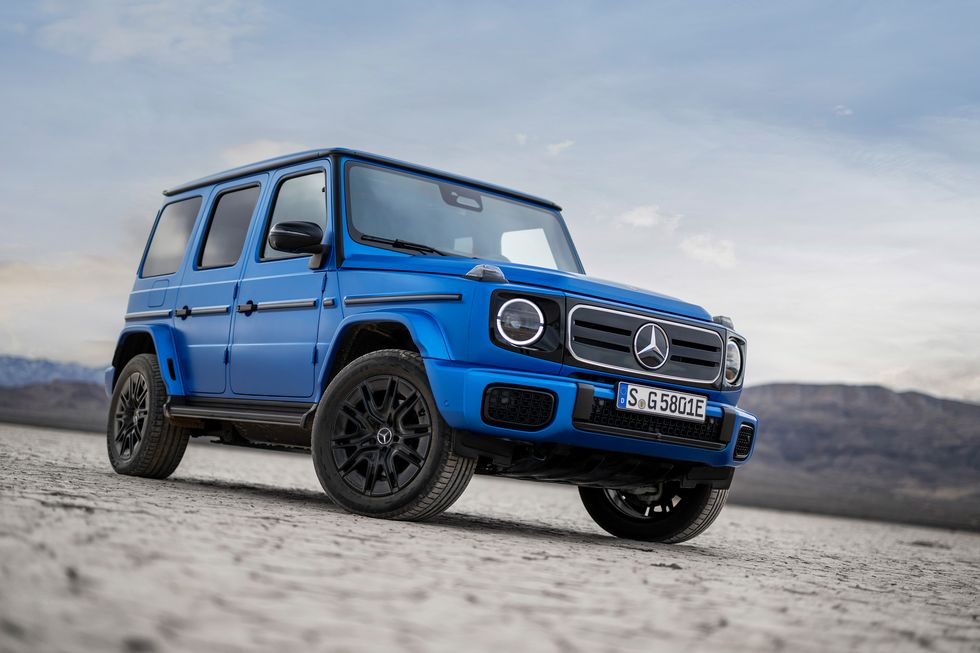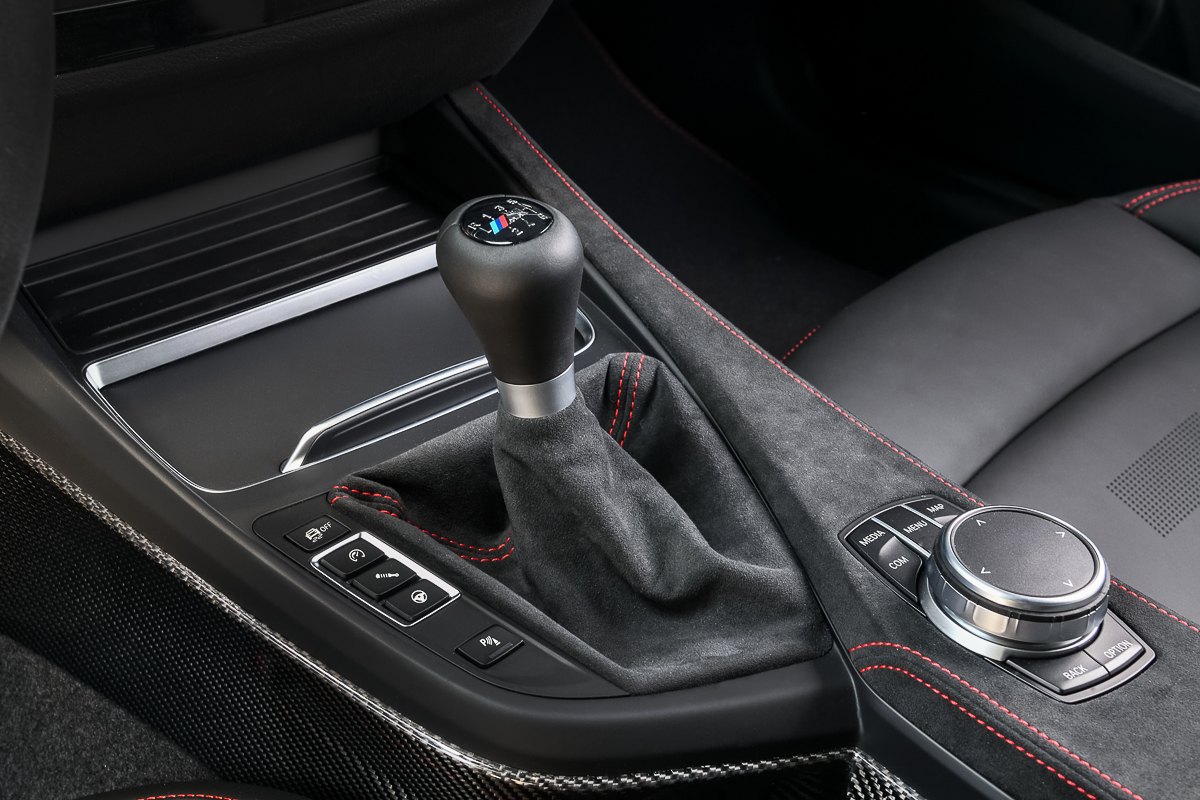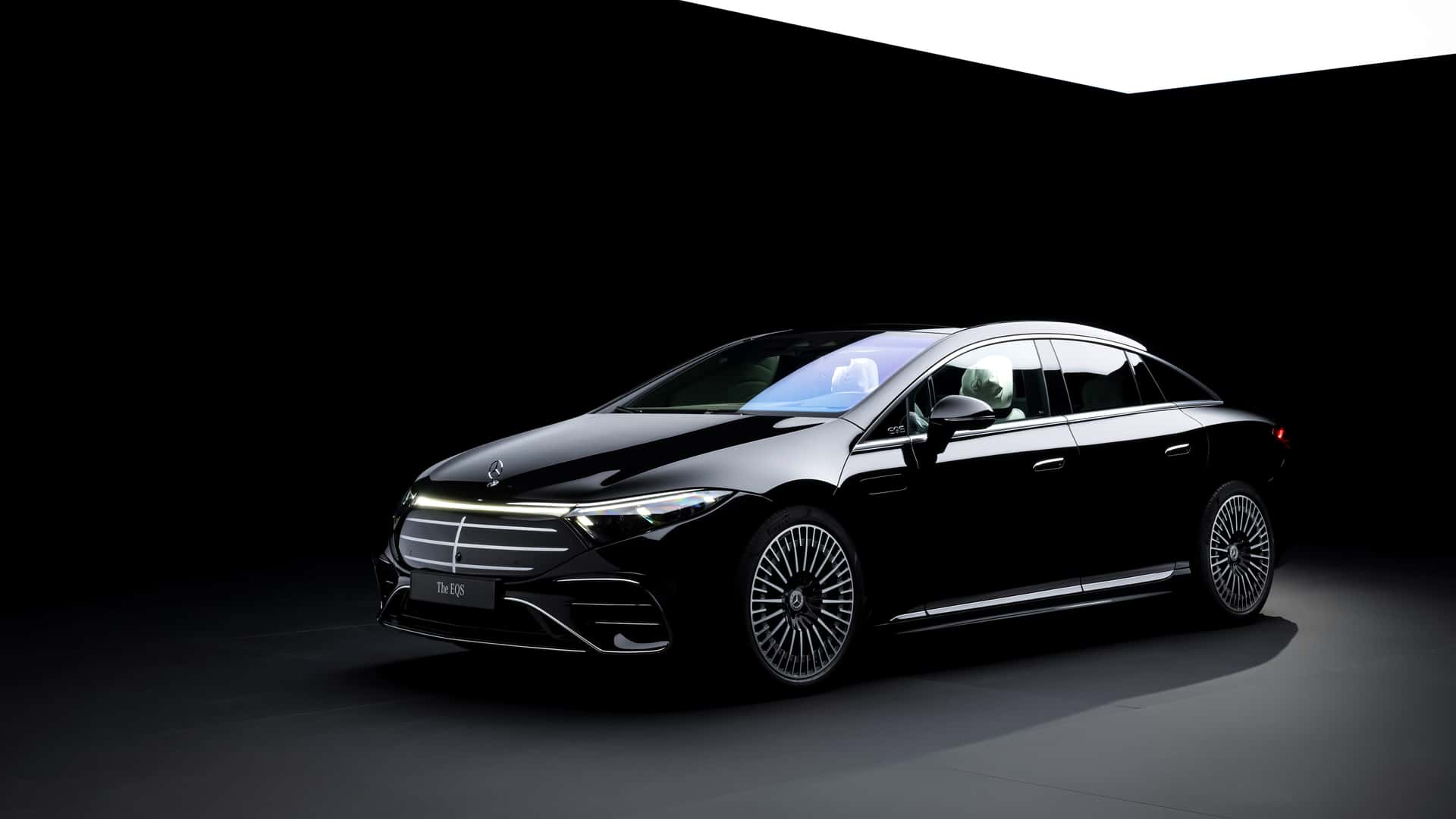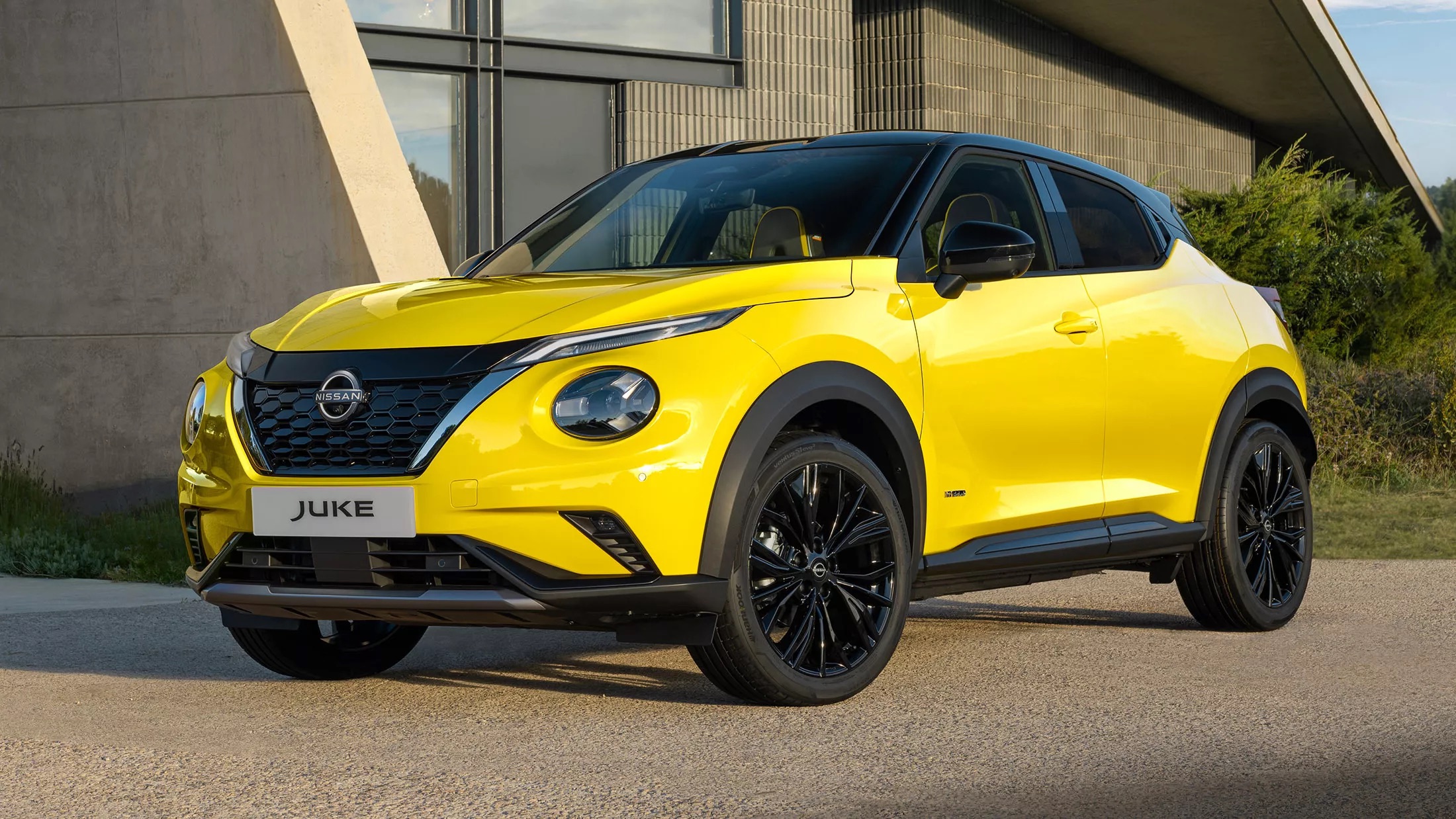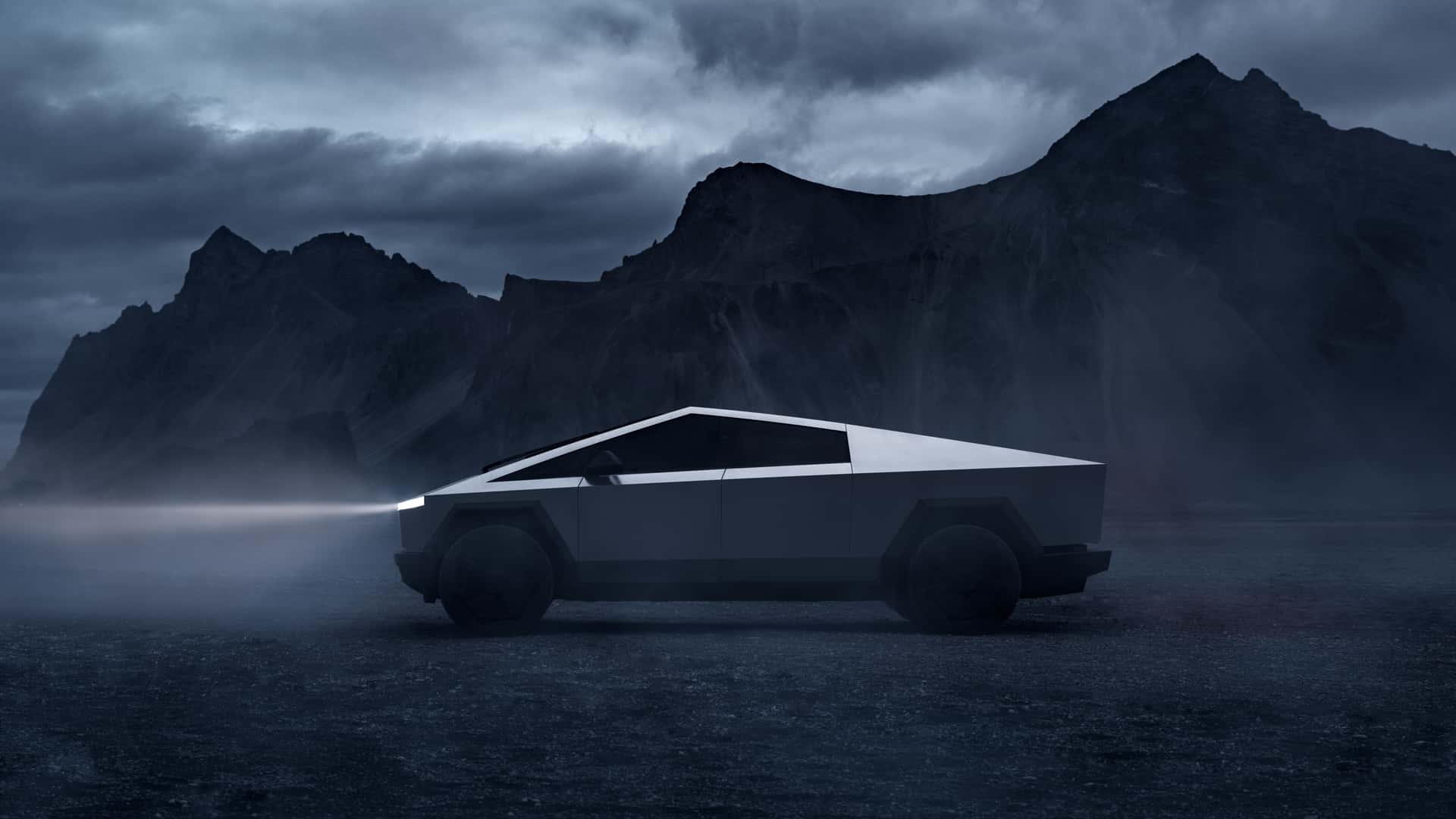In order to build a network of 30,000 new EV fast-charging stations, seven major manufacturers have joined forces. The first chargers are expected to be operational in the United States in the second half of 2024 and in Canada at a later stage thanks to a joint venture by BMW, General Motors, Honda, Hyundai, Kia, Mercedes-Benz, and Stellantis.
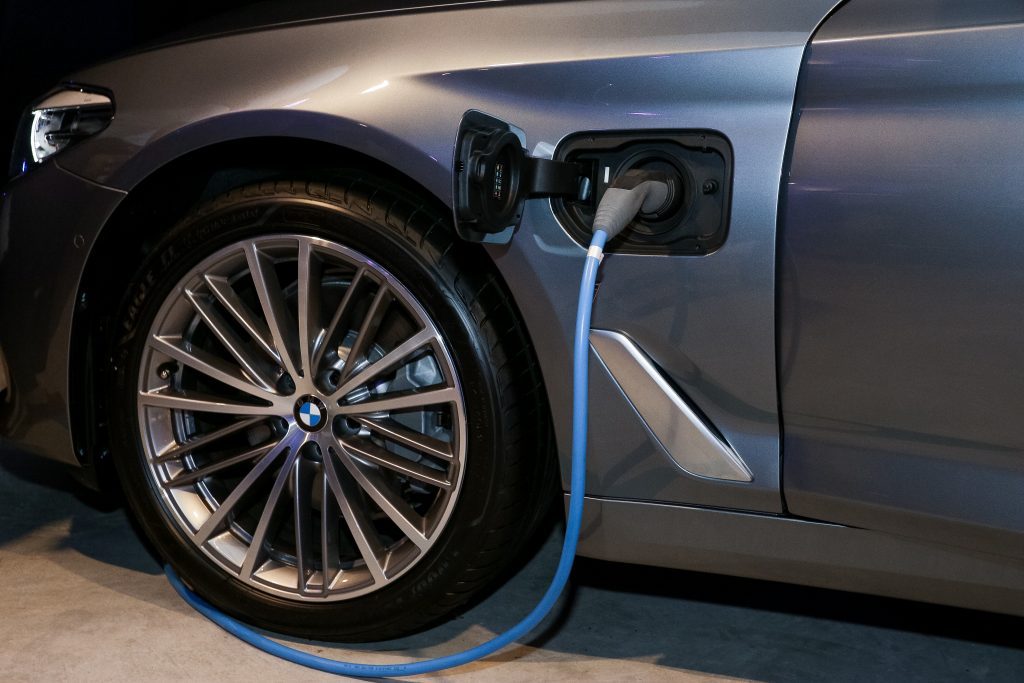
Both the Combined Charging System (CCS) and Tesla’s exclusive North American Charging Standard (NACS) connections are supported by these chargers. Several manufacturers, like Mercedes-Benz and GM, who are involved in this joint venture, have already committed to use these NACS connections in the near future.
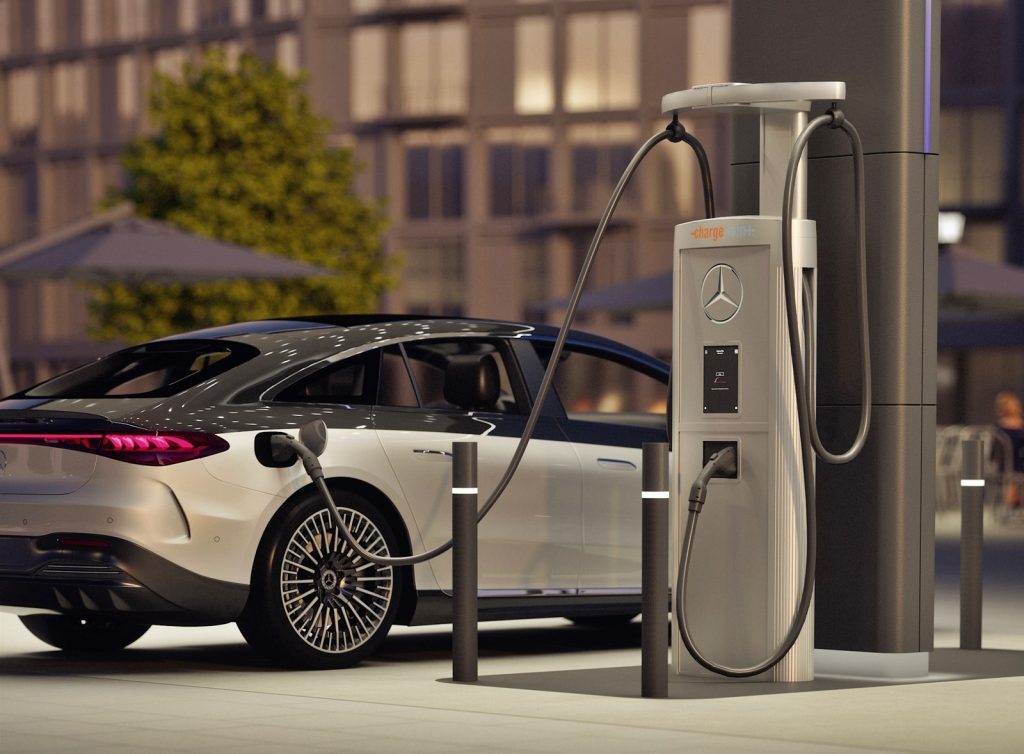
NACS will soon be adopted by other charging networks, including ChargePoint and the Electrify America division of the Volkswagen Group.
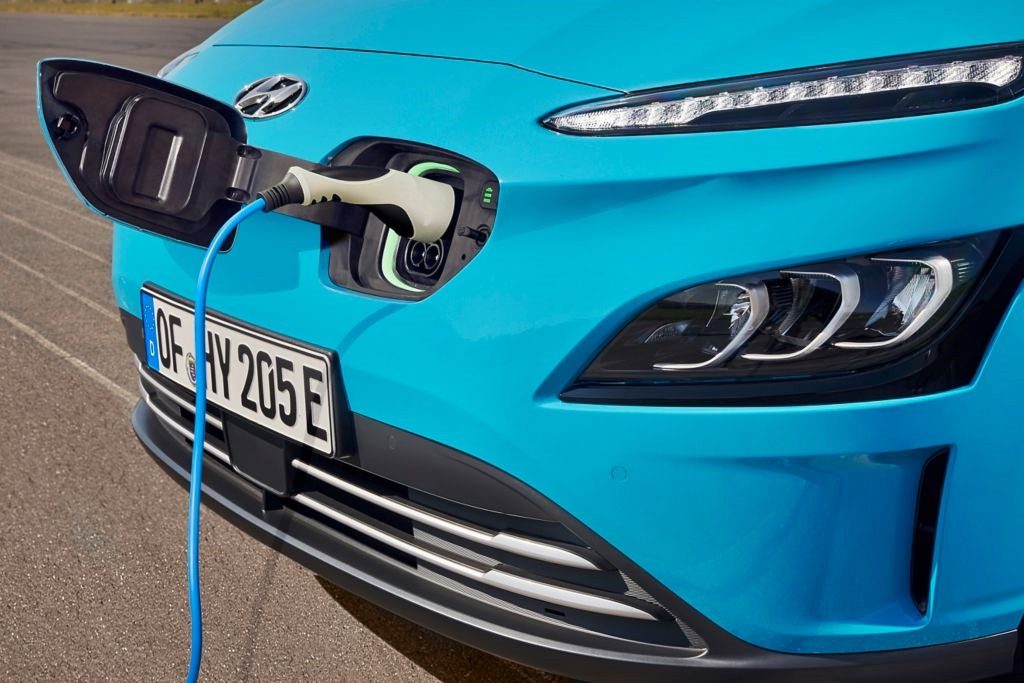
The stations will be placed in handy areas with facilities such as bathrooms, food service, and retail establishments close by or within the same property, as well as canopies whenever available. A small selection of flagship stations will have extra features to provide a first-rate experience that will highlight the charging of the future.
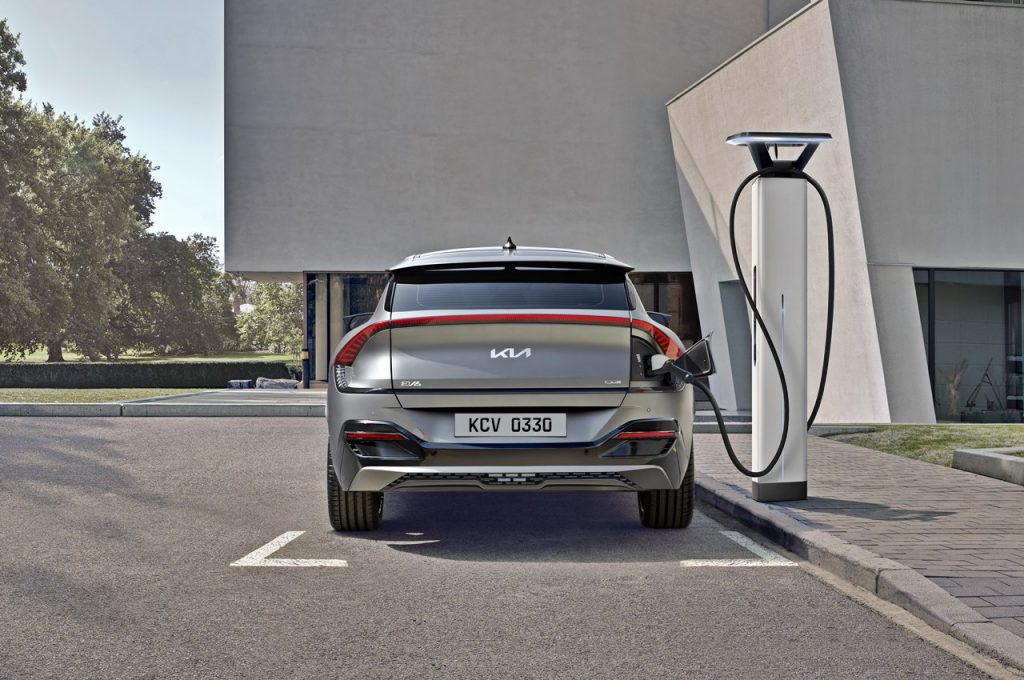
According to the automakers, the charging network would interface with the applications and navigation features from different manufacturers, enabling route planning, integrated payment features, and even charging reservations. The name of the joint venture and the completion date of the 30,000 charger network are both unknown at this time.
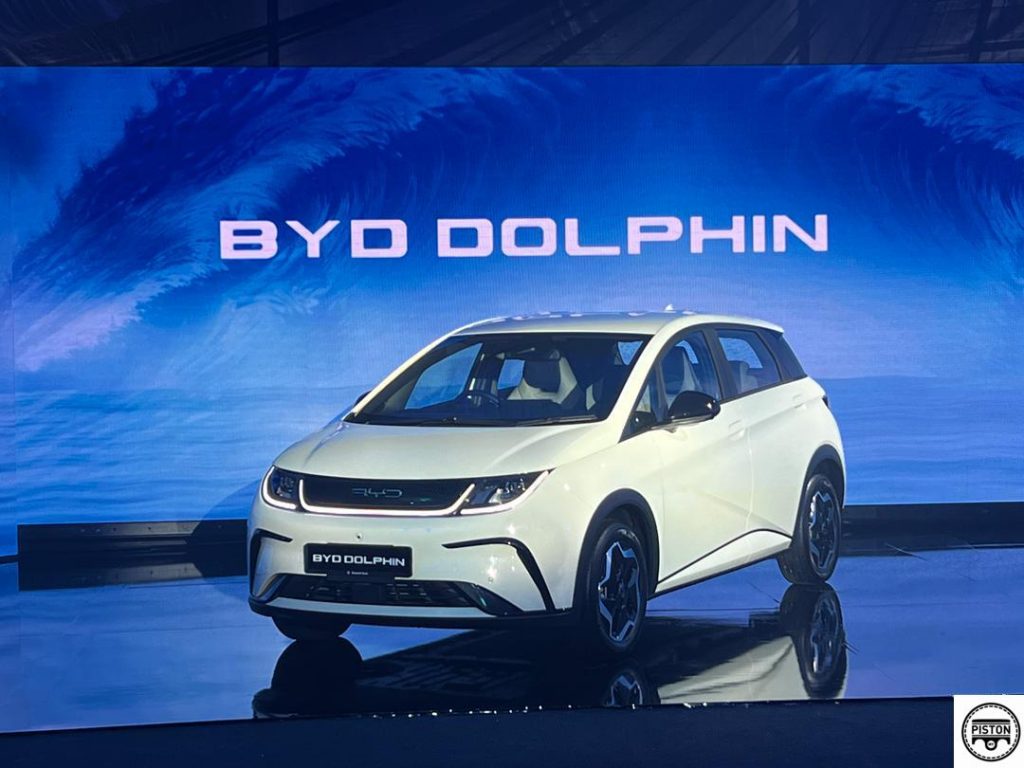
And now onto the true purpose of this article – why can’t such a JV happen in Malaysia? Almost all of the car brands listed above are also present in Malaysia either officially or through a local distributor. The government has committed to setting up 10,000 chargers across Malaysia by 2025. However, as of now, the government is only able to set up less than 100 chargers per month, that too with the help of independent Charge Point Providers (CPOs).
Some CPOs include ChargEV, JomCharge, Gentari, Shell and more.
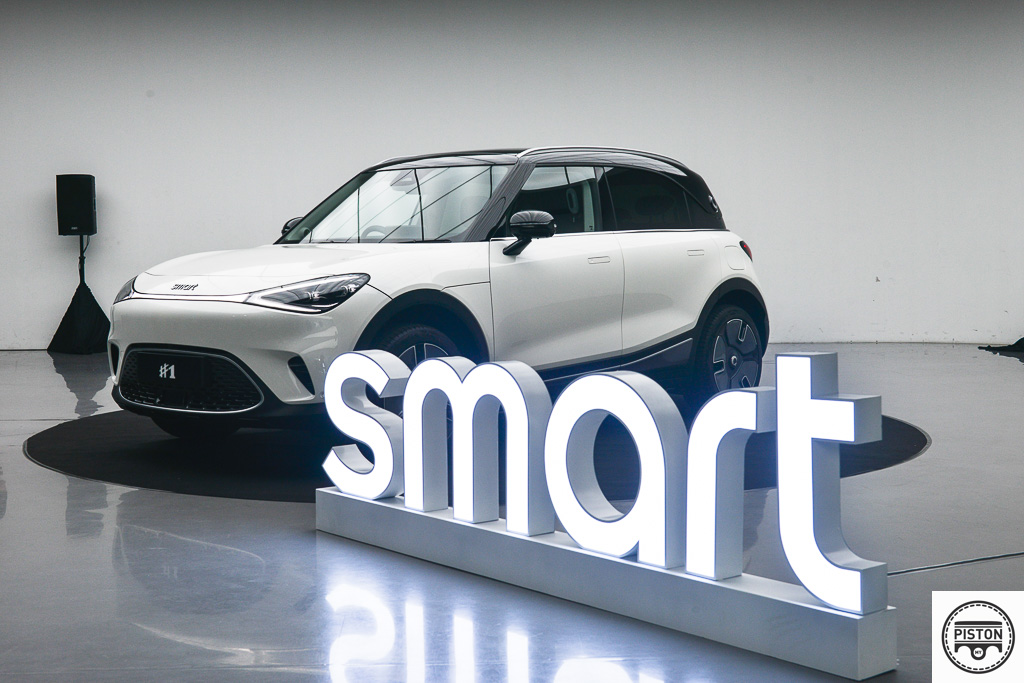
At this point, it seems unlikely that Malaysia will be able to reach that goal of installing 10,000 chargers by 2025. Which is the biggest barrier to the adoption of EV’s in the country.
So if car makers in America can pool together and install chargers en masse, why not here?
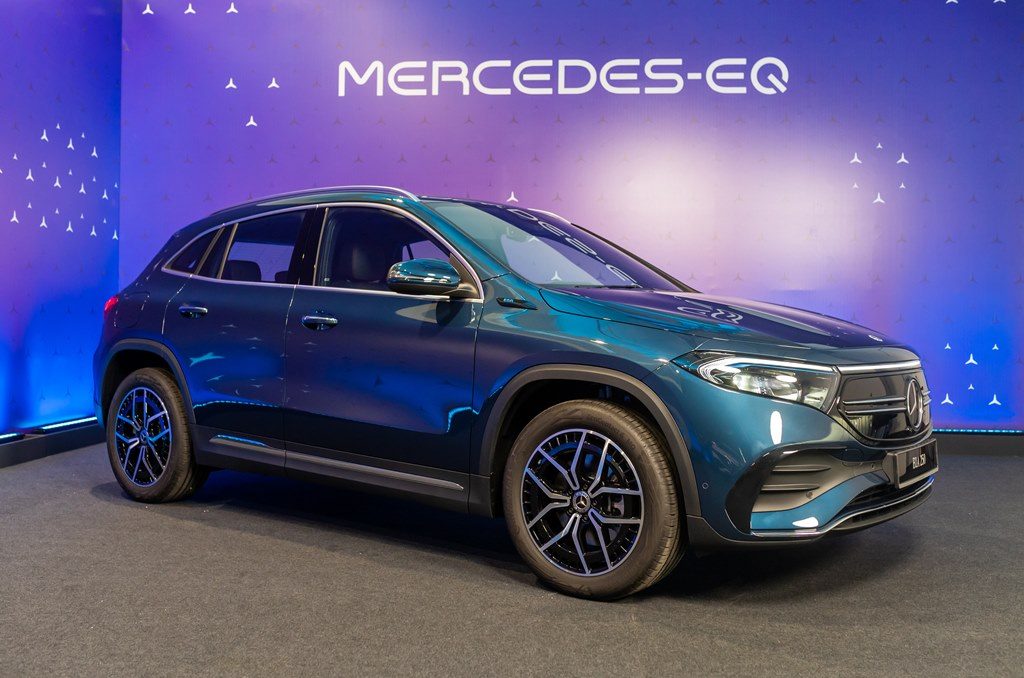
BMW and Mercedes used to install chargers but have stagnated recently. Sime Darby and Bermaz Auto also have EV cars that have been quite successful in Malaysia such as the BYD Atto 3 and the Mazda, KIA range of EV’s, but have not done much when it comes to installing chargers, relying instead of CPO’s to do that.
Perhaps it is time for the government to ensure these companies don’t just profit from the cars they sell, but also reinvest the profits to ensure the country benefits as well.
Co-written by Keshy Dhillon


